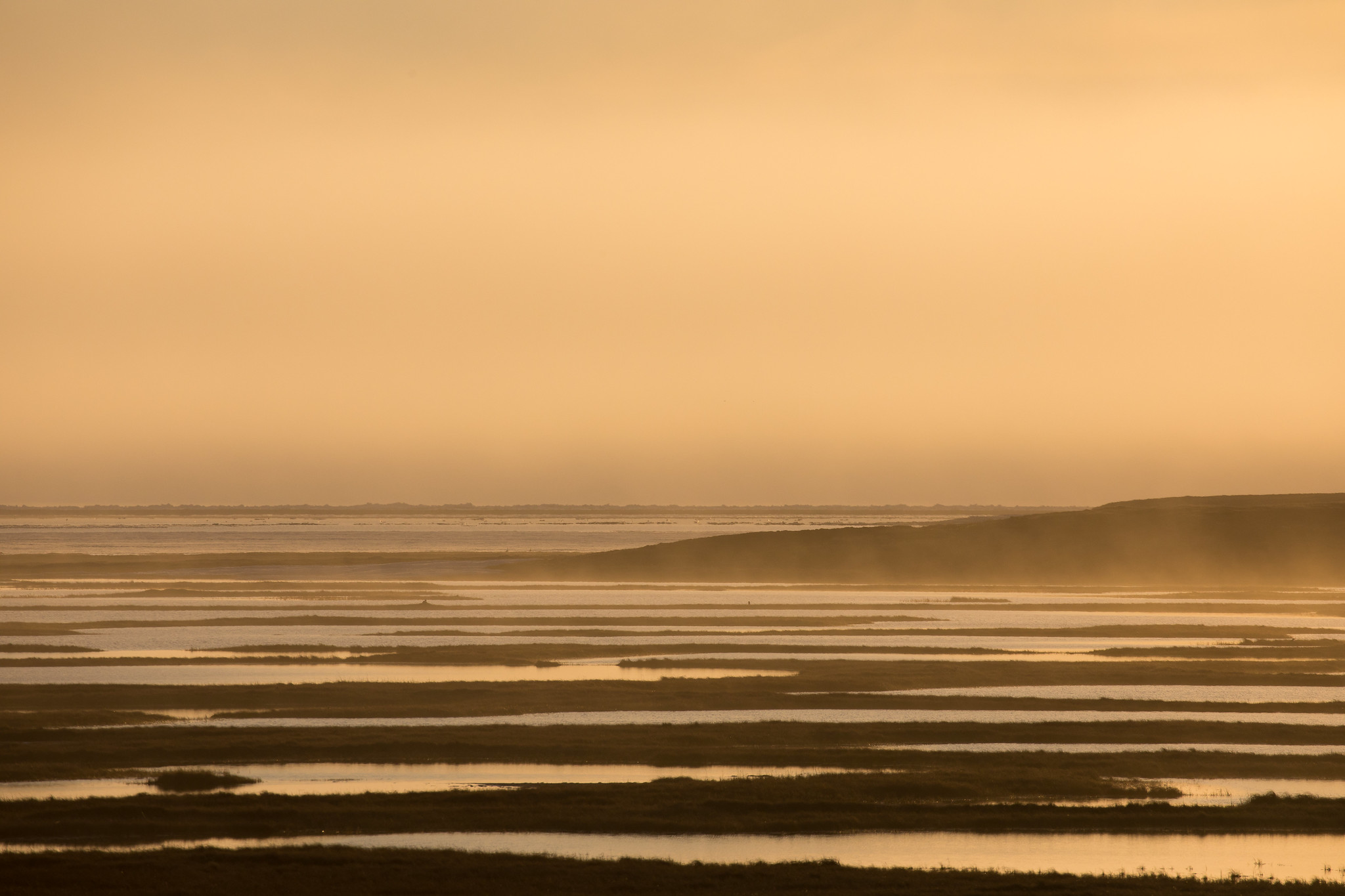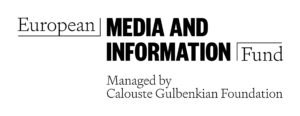With leases suspended, Alaska agency wants $6 million more for Arctic refuge drilling campaign
That includes money for annual lease payments — even though President Joe Biden's administration has suspended those leases and refunded payments for 2022.

Alaska’s economic development agency has released plans to spend $6 million next year to advance its campaign to search for oil in the Arctic National Wildlife Refuge, even as new environmental reviews, pending lawsuits and investor skepticism cast doubt on whether wells will ever be drilled.
The budget also includes money for annual lease payments, even though the Biden administration has suspended the agency’s leases and refunded its payments for the current year.
The Alaska Industrial Development and Export Authority, a state-owned corporation whose board is appointed by the governor, won seven leases in the refuge in a sale held early last year, in the final days of the Trump administration. Two private companies also won acreage.
Then, President Joe Biden, on his first day in office, blocked the federal government from carrying out any more steps in its refuge leasing and development program, and his interior secretary, Deb Haaland, subsequently ordered an additional environmental review. The draft of that review has been delayed several months and will be released in the middle of next year, the administration said in November.
There are also multiple pending federal lawsuits challenging the leasing program’s legality, and many insurers and banks have announced that they won’t finance or support drilling in the Arctic Refuge. Facing those obstacles, the two private companies relinquished their leases earlier this year, leaving AIDEA as the only remaining leaseholder.
AIDEA, which filed its own lawsuit challenging the Biden administration’s lease suspensions, says it’s already spent $13.8 million out of $20 million that its board previously set aside for oil-related work in the refuge.
AIDEA could spend the rest of the money next year, if its board approves the agency’s proposal at a meeting next week.
Of the $6 million budget, $3.7 million would go toward annual lease payments. Another $1.5 million would fund a new contract for permitting work, in support of cultural and archaeological surveys and plans to gather seismic data. The remaining $1.1 million would pay for “legal and professional support,” according to the proposed budget drafted by AIDEA’s staff.
The Biden administration, in correspondence with AIDEA, has said the agency didn’t have to make any lease payments for 2022 because of the suspension that began last year. And the federal government has already refunded the $3.65 million that AIDEA paid for this year, said Josie Wilson, a spokeswoman for the agency.
But AIDEA maintains that the lease suspension is legally invalid, and it’s still planning to make another $3.65 million lease payment for 2023 as a precaution, Wilson added.
“We don’t want them to come back and say, ‘Oh, you didn’t make payments,’” she said.
Opponents of drilling in the refuge said they’re frustrated to see AIDEA asking to spend more money given the obstacles to development.
“We will make our voices heard against continuing to spend the state’s money on something that is likely to never happen,” said Emily Sullivan, communications director for Northern Alaska Environmental Center, a conservation group. “Everyone else has gotten the picture from the administrative actions that have taken place, and AIDEA just continues to double down.”
This piece was first published in Northern Journal, a newsletter published by journalist Nathaniel Herz, and subsequently published at Alaska Beacon. It is republished here under a Creative Commons license. Subscribe to the North Journal at this link.
This article has been fact-checked by Arctic Today and Polar Research and Policy Initiative, with the support of the EMIF managed by the Calouste Gulbenkian Foundation.
Disclaimer: The sole responsibility for any content supported by the European Media and Information Fund lies with the author(s) and it may not necessarily reflect the positions of the EMIF and the Fund Partners, the Calouste Gulbenkian Foundation and the European University Institute.
